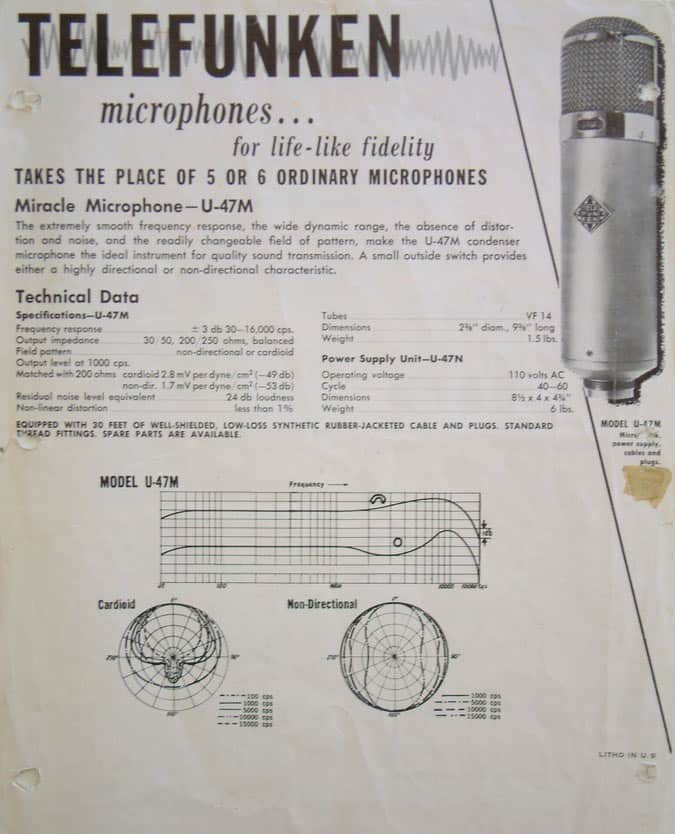rob aylestone
Moderator
I guess over the years we had hundreds of changes in language and loads in the realm of music technology, but reading this month's Sound on Sound, I spotted a running theme - 'Condenser' has gone and 'Capacitor' has replaced it. The review of the Earthworks DM6, for example - Capacitor Microphone in the heading. Only one 'capacitor' in the text. Something made me think that the author had been instructed to not say condenser, but wasn't quite comfy with 'capacitor', so his text was sort of written to avoid the usual phrases. Usually, all mic reviews just user the term 'condenser' to handily describe sounds, or size or other stuff, compared to a 'dynamic' - but this seemed written by the careful brigade - in fact in the body text there is one capacitor and one dynamic mentioned.
Then a review of a mic modelling microphone, that manages the entire thing without using the C word once! It mentions dynamic mics, and the text is super heavy in classic condenser mic models, but the word has been sort of rubbed out? Moving on to a KM84 Neumann kit part mic - capacitor gets a few mentions, but mostly when describing capacitors used as components inside - very strange.
A pre-amp has phantom power for capacitor mics.
Bizarrely, the sontronics Saturn 2 is a capacitor mic in that review. Odd, really, because on their web site they call it a condenser mic?
The entire magazine seems to have been through a spell checker. I hoped one 'condenser' would have snuck through, but no.
I've taken nearly 20 years to stop saying valve, and now use tube pretty universally, but I'm not sure I'll be giving up condenser as a term for a while. The trouble is it will now be an avoid word for me. I don't want to say capacitor, but I understand condenser will become wrong very quickly.
Then a review of a mic modelling microphone, that manages the entire thing without using the C word once! It mentions dynamic mics, and the text is super heavy in classic condenser mic models, but the word has been sort of rubbed out? Moving on to a KM84 Neumann kit part mic - capacitor gets a few mentions, but mostly when describing capacitors used as components inside - very strange.
A pre-amp has phantom power for capacitor mics.
Bizarrely, the sontronics Saturn 2 is a capacitor mic in that review. Odd, really, because on their web site they call it a condenser mic?
The entire magazine seems to have been through a spell checker. I hoped one 'condenser' would have snuck through, but no.
I've taken nearly 20 years to stop saying valve, and now use tube pretty universally, but I'm not sure I'll be giving up condenser as a term for a while. The trouble is it will now be an avoid word for me. I don't want to say capacitor, but I understand condenser will become wrong very quickly.



 Not calling you old or anything....
Not calling you old or anything....